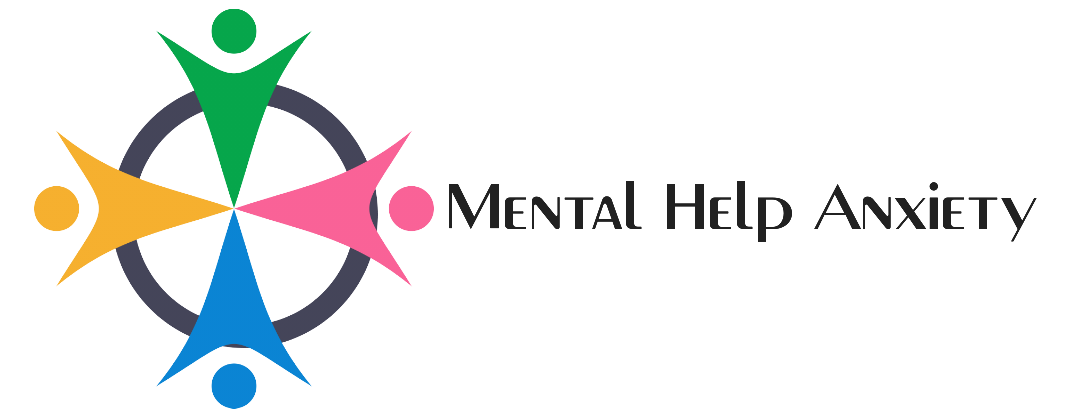Advent
Despair is a pervasive psychological fitness situation affecting hundreds of thousands international. Regardless of vital advances in working out and treating despair, stigma stays an impressive barrier to searching for assist and attaining wellness. This text explores the roots of despair stigma, its affects, and sensible methods for overcoming it.
Working out Despair and Stigma
Despair isn’t just feeling unhappy or going thru a coarse patch; this can be a serious psychological fitness situation characterised by way of chronic emotions of disappointment, lack of pastime, and quite a lot of bodily and emotional issues. Sadly, stigma—detrimental attitudes and ideology about psychological sickness—compounds the struggling of the ones with despair.
- Roots of Stigma:
- Historic Misunderstandings: Traditionally, psychological sicknesses have been poorly understood and continuously attributed to ethical failings or supernatural reasons.
- Media Illustration: Media portrayals of psychological sickness continuously perpetuate stereotypes, depicting folks with despair as vulnerable, bad, or incompetent.
- Cultural Ideals: Some cultures view psychological sickness as a private weak point moderately than a sound clinical situation, additional reinforcing stigma.
- Sorts of Stigma:
- Public Stigma: Fashionable societal attitudes that devalue folks with psychological sickness.
- Self-Stigma: Internalizing detrimental ideals about oneself because of having a psychological sickness.
- Institutional Stigma: Systemic insurance policies and practices inside establishments that discriminate towards folks with psychological fitness problems.
Affect of Stigma on Folks with Despair
Stigma considerably impacts the ones residing with despair, influencing their willingness to hunt assist, their relationships, and their general high quality of lifestyles.Nervousness Consciousness Day 2024
- Reluctance to Search Assist:
- Concern of being categorized or judged can deter folks from searching for the clinical and mental reinforce they want.
- Research display that stigma is among the main causes other folks steer clear of or extend searching for remedy for despair.
- Social Isolation:
- Stigma may end up in social withdrawal, as folks might steer clear of buddies, circle of relatives, and social actions to flee judgment.
- Isolation exacerbates despair signs, making a vicious cycle of worsening psychological fitness.
- Employment and Financial Affects:
- Stigma within the office may end up in discrimination, activity loss, or underemployment.
- Financial instability additional stresses folks, making restoration more difficult.
- Affect on Self-Esteem:
- Internalized stigma may end up in emotions of disgrace and worthlessness.
- Low vainness undermines the incentive to pursue remedy and interact in self-care.
Overcoming the Stigma of Despair
Addressing stigma calls for a multifaceted means involving training, advocacy, and private methods.
- Schooling and Consciousness:
- Public Schooling Campaigns: Expanding consciousness about despair as a clinical situation can dispel myths and alter public attitudes.
- College Methods: Integrating psychological fitness training into college curriculums can foster working out and empathy from a tender age.
- Media Illustration:
- Encouraging accountable media portrayals of psychological sickness can assist reshape societal perceptions.
- Highlighting tales of people residing effectively with despair may give sure position fashions.
- Advocacy and Coverage Alternate:
- Supporting psychological fitness law that promotes equivalent remedy and coverage for the ones with psychological sicknesses.
- Encouraging employers to undertake psychological health-friendly insurance policies and practices.
- Group Enhance:
- Peer Enhance Teams: Connecting with others with equivalent stories may give emotional reinforce and cut back emotions of isolation.
- Circle of relatives and Pals: Teaching family members about despair can assist them supply higher reinforce and cut back stigma inside non-public networks.
- Non-public Methods:
- Self-Schooling: Studying about despair can empower folks to grasp their situation and problem internalized stigma.
- Self-Advocacy: Talking about one’s stories can assist cut back stigma and inspire others to hunt assist.
- Skilled Assist: In search of remedy or counseling may give methods for dealing with stigma and making improvements to psychological fitness.
Luck Tales
Highlighting luck tales of people who have triumph over stigma and controlled their despair can encourage and be offering hope to others. As an example:
- Celebrities and Public Figures:
- Celebrities like Demi Lovato and Dwayne “The Rock” Johnson have brazenly mentioned their struggles with despair, serving to to normalize the dialog round psychological fitness.
- Bizarre Folks:
- Other folks percentage their trips day-to-day thru blogs, social media, or public talking, which is able to create robust connections and cut back stigma on a grassroots stage.
Conclusion
Overcoming the stigma of despair is a vital step towards making improvements to psychological fitness results. We will create a extra inclusive and working out society by way of instructing the general public, advocating for coverage adjustments, fostering supportive communities, and empowering folks. Addressing stigma no longer most effective advantages the ones with despair but in addition complements the full psychological well-being of our communities. Thru collective effort, we will be able to make certain that everybody has the chance to hunt assist, get well, and thrive with out the weight of stigma.



